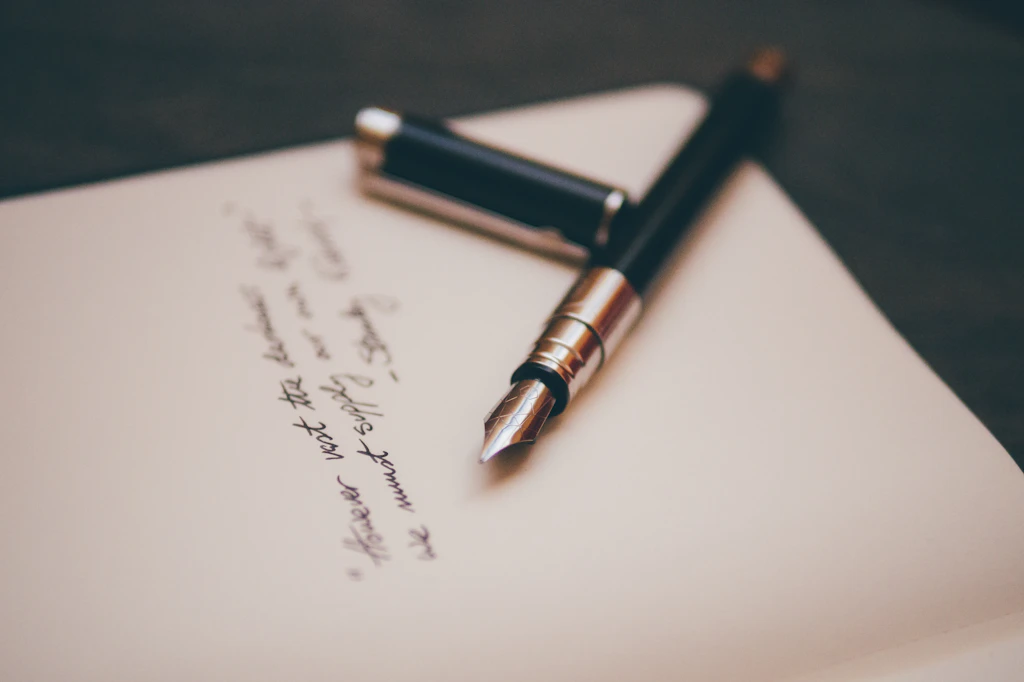Reflection is a powerful tool in essay writing, offering students the chance to step back, analyze their work, and improve its quality. By reflecting on each stage of the writing process—from brainstorming ideas to refining the final draft—you can elevate the clarity, depth, and impact of your essay. Reflection allows for self-assessment and critical thinking, which are essential to crafting exceptional, thoughtful work that stands out in both academic and professional settings.
In this article, we’ll explore the importance of reflection in essay writing and provide strategies for incorporating it effectively. We’ll also discuss how resources like write my essay services can support students in the reflective process to produce stronger, more impactful essays.
Why Reflection is Essential in Essay Writing
Reflection in writing involves evaluating your ideas, analyzing your argument’s coherence, and examining how well your work aligns with the goals of the assignment. Here’s why reflection is critical to producing exceptional essays:
- Improves Clarity and Structure: Reflecting on your writing helps you identify unclear arguments, unnecessary details, and structural issues. This ensures that your essay flows logically and that each paragraph contributes meaningfully to the central thesis.
- Enhances Critical Thinking: Reflection encourages you to assess your ideas and evaluate the strength of your evidence. By analyzing your arguments critically, you can refine your essay to present a well-reasoned, persuasive viewpoint.
- Increases Depth and Insight: Reflecting on your topic and your perspective helps you dig deeper, uncovering new insights and connections. This depth can set your essay apart, giving it more complexity and relevance.
- Encourages Self-Awareness: Reflection helps you recognize your strengths and areas for improvement, which is essential for growth as a writer. By identifying patterns in your writing—such as frequent grammatical errors or weak transitions—you can focus on areas that need improvement.
- Aligns Work with Assignment Goals: Reflection allows you to step back and assess whether your essay fully meets the assignment’s objectives. Ensuring alignment with the prompt or rubric boosts your chances of achieving higher grades.
Steps for Effective Reflection in Essay Writing
- Reflect Before You Start Writing:
Begin by reflecting on the essay prompt or question. Consider the main objectives of the assignment and the expectations of your audience. Take time to brainstorm ideas and determine how best to structure your essay. By doing this initial reflection, you set a solid foundation for the writing process. - Reflect on Your Thesis and Main Ideas:
Once you’ve drafted your thesis statement and main arguments, pause to reflect on their strength and relevance. Ask yourself whether your thesis is clear and specific, and if each main idea supports it effectively. Consider how your chosen points contribute to a compelling and cohesive argument. - Evaluate the Flow and Coherence of Your Draft:
After completing the first draft, take a break before rereading it with fresh eyes. Pay attention to the flow and structure, ensuring each paragraph transitions smoothly to the next. Ask yourself if your essay reads logically and if each paragraph builds upon the previous one. - Reflect on Your Evidence and Analysis:
Consider the evidence and examples you’ve used to support your points. Reflect on whether these examples strengthen your argument and how effectively you’ve analyzed them. Weak or irrelevant evidence can weaken an otherwise strong essay, so make sure each piece of evidence is purposeful and well-explained. - Revise with a Focus on Clarity and Conciseness:
Reflection often reveals areas that require clarity or conciseness. Review your essay for any wordiness or complex language that could be simplified. Clear, concise writing makes your arguments more accessible to readers and strengthens your essay overall. - Seek Feedback and Reflect on It:
Getting feedback from peers, professors, or even a custom essay writing company can provide new perspectives on your work. Reflect on this feedback thoughtfully, noting any recurring suggestions or areas for improvement. Incorporate feedback that aligns with your goals and improves the quality of your writing. - Final Reflection Before Submission:
Before submitting your essay, take a final moment to review it as a whole. Reflect on whether the essay communicates your main ideas effectively, aligns with the prompt, and meets your standards of quality. This last reflection ensures that you submit a polished, purposeful piece of work.
Reflection Techniques to Improve Your Essay
- Ask Reflective Questions:
Throughout the writing process, use reflective questions to guide your self-assessment. Questions like “Does my thesis make a clear argument?” or “Have I supported each point with relevant evidence?” can help you evaluate your work critically. - Use a Revision Checklist:
Create a checklist that includes the main elements of a successful essay, such as a strong introduction, logical flow, effective evidence, and a compelling conclusion. Reflect on each component to ensure your essay meets high standards. - Keep a Writing Journal:
A writing journal allows you to reflect on your progress and note any insights or challenges you encounter. This ongoing reflection helps you become more aware of your writing patterns and provides a space to brainstorm solutions for recurring issues. - Practice Self-Assessment Rubrics:
Use a rubric similar to the one your instructor might use, scoring your essay on aspects like clarity, argument strength, and adherence to the prompt. This helps you assess your work objectively and identify areas for improvement.
How Write My Essay Services Can Enhance Reflection and Essay Quality
Balancing reflection with writing assignments can be challenging, especially when facing tight deadlines. Here’s how resources like write my college essay services can support your reflective process:
- Professional Feedback and Editing: Custom essay writing company services offer professional editing, helping you identify areas for improvement. Detailed feedback from experienced writers can clarify where your arguments are strong and where adjustments are needed.
- Time Management and Focus on Quality: Reflecting thoroughly on an essay takes time, but write my essay services allow you to delegate some tasks, freeing up more time for self-assessment and revisions. This support enables you to focus on producing high-quality work without compromising deadlines.
- Clarity and Structure Guidance: Write my essay services help you refine the organization and clarity of your work. Professional guidance ensures that your essay is logically structured and communicates ideas effectively, which enhances its impact.
- Stress Reduction and Improved Performance: Handling multiple assignments can be overwhelming. Write my essay online services relieve some academic pressure, allowing you to focus on reflection and revision, both of which lead to improved performance and deeper understanding of your writing.
Final Tips for Cultivating Reflective Writing Practices
- Practice Regular Self-Assessment: Make reflection a regular part of your writing routine, even for shorter assignments. Reflecting on smaller tasks helps build strong self-assessment skills that benefit longer projects.
- Set Goals for Each Essay: Before starting an essay, set specific goals. These might include improving your thesis clarity, expanding analysis, or refining transitions. Reflecting on these goals during the writing process keeps you focused on continuous improvement.
- Embrace a Growth Mindset: View reflection as an opportunity for growth rather than criticism. Adopting a growth mindset helps you see each essay as a chance to improve, making the reflective process more constructive and less stressful.
- Reflect Beyond the Assignment: Reflect not only on the content but also on the writing process itself. Consider what strategies worked well, which challenges you faced, and how you can approach future essays more effectively.
Conclusion: The Power of Reflection in Exceptional Essay Writing
Reflection is a powerful tool for crafting exceptional essays that demonstrate clarity, depth, and critical insight. By evaluating your work at every stage, you can enhance the quality of your arguments, ensure coherence, and achieve greater self-awareness as a writer. If you need support with reflection or revisions, services like write my essay provide valuable assistance to help you polish your work and achieve your academic goals.
Start incorporating reflection into your writing process today, and watch as it transforms your essays into well-crafted, impactful pieces that showcase your best work.





